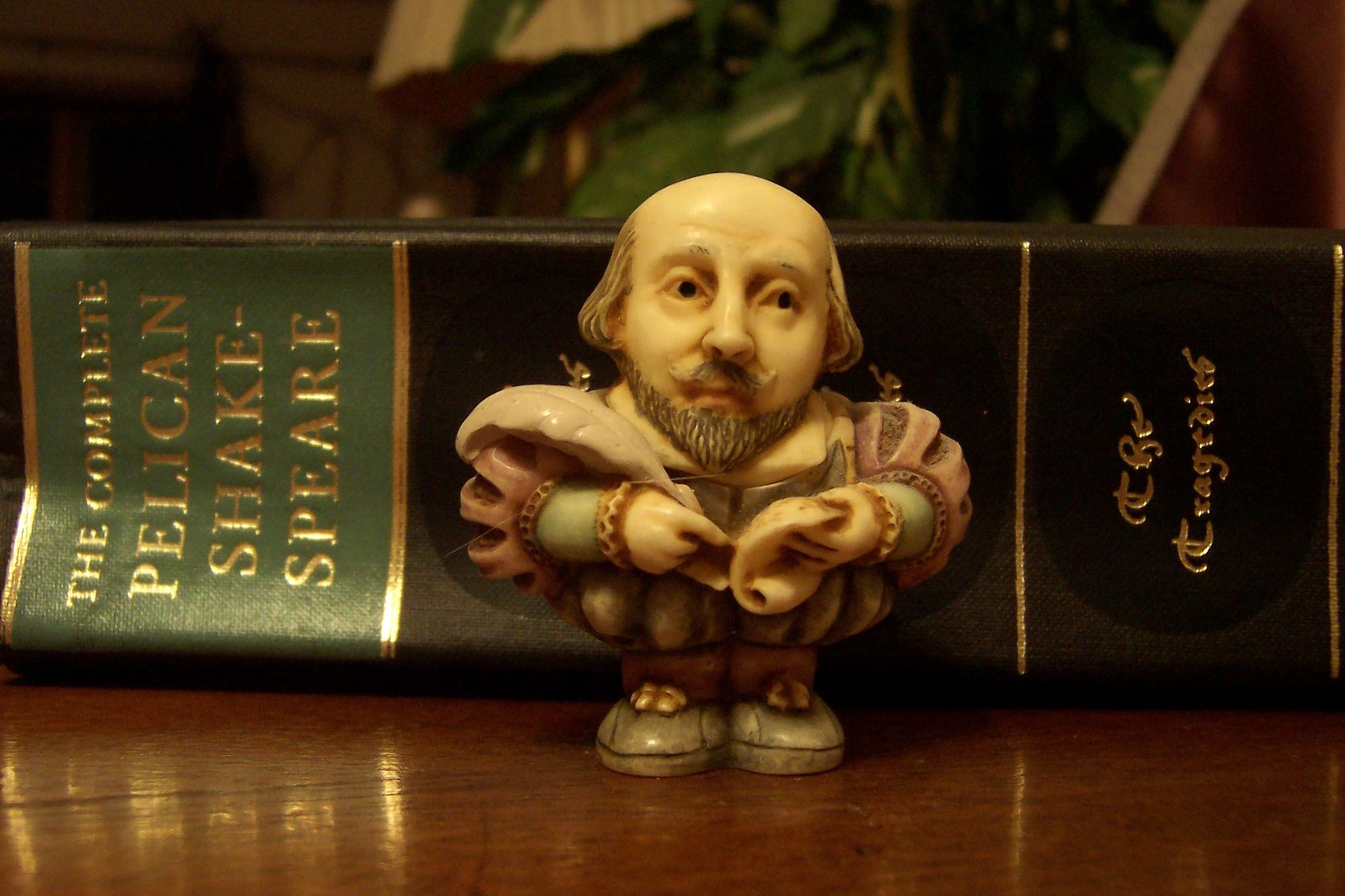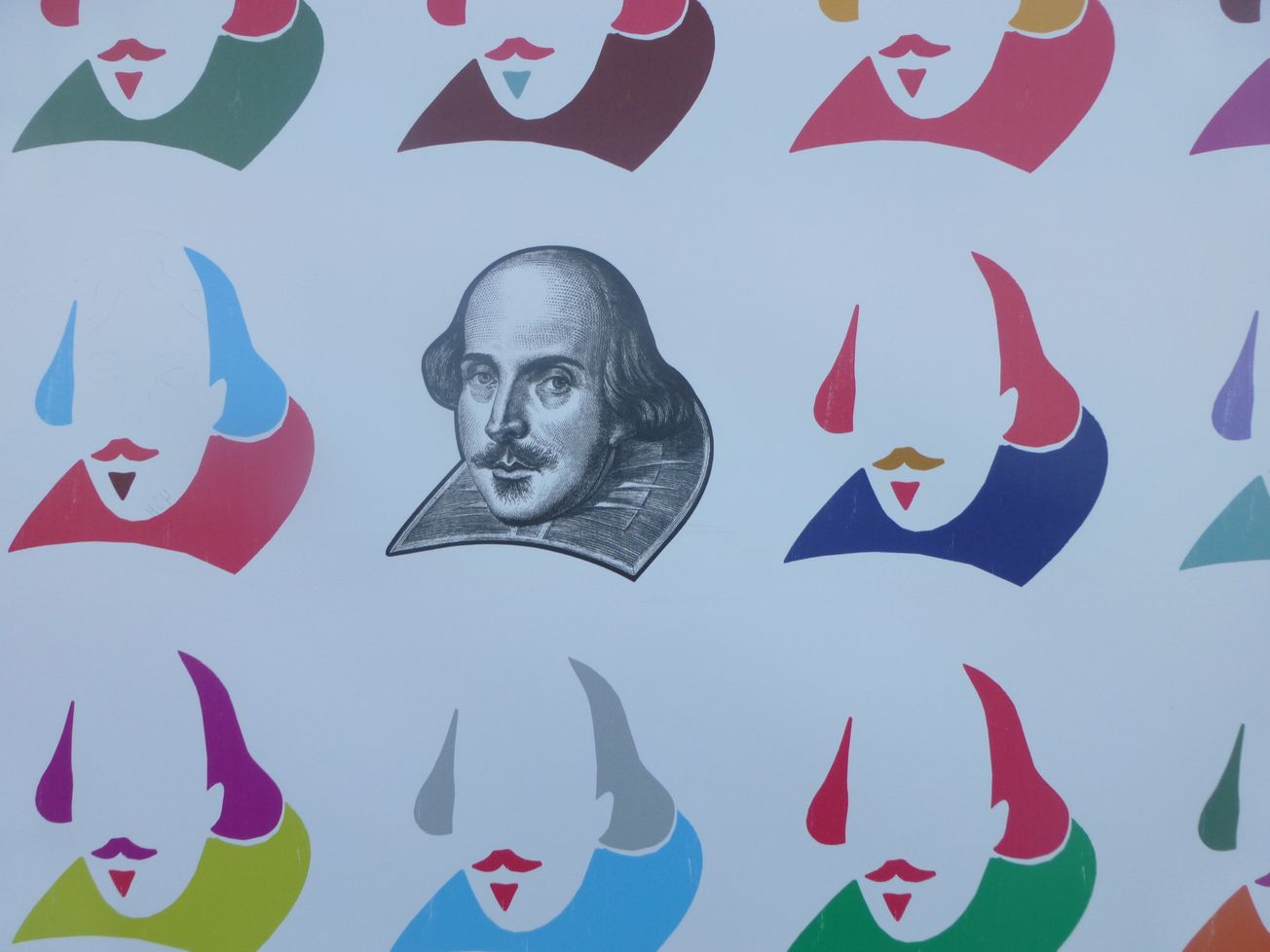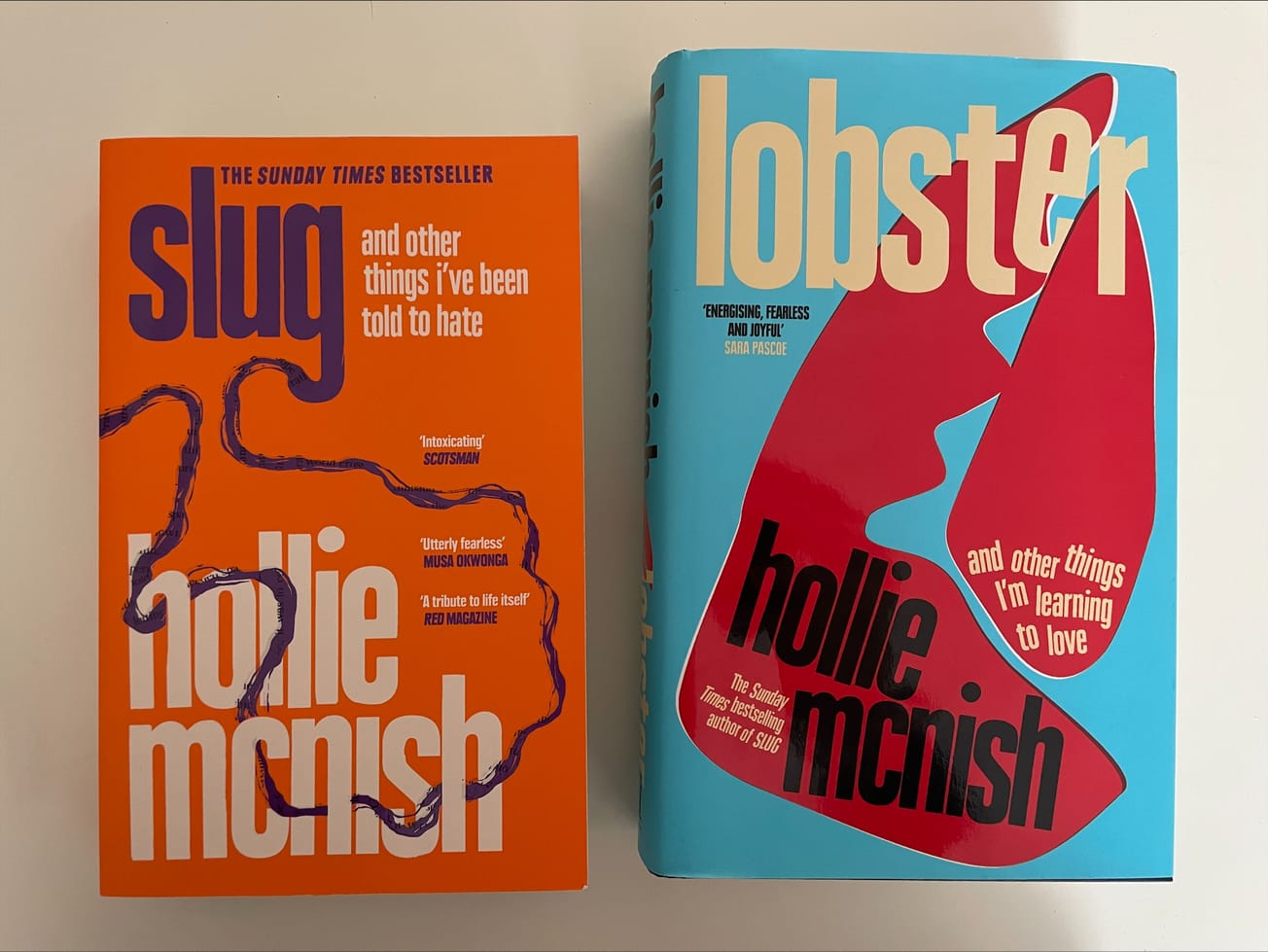By Francesca Joyce, Second Year, English Literature
National Shakespeare Week has come and gone, and it tends to spark debate over whether the Bard’s works are really ‘full of sound and fury’ or are in fact ‘empty vessels [that] make the loudest sound’.
The crux of this is whether Shakespeare is a cultural embellishment or an overrated cult. Some people love to hit you with the argument that Shakespeare can’t possibly be overrated because from his fertile brain there grew the timeless tale of Romeo and Juliet.
However, Will’s venerated genius takes a bit of a hit when you realise with profound shock that Shakespeare unashamedly snatched his star-crossed lovers from a narrative poem, written 35 years before, titled ‘Romeus and Juliet’ - yes, it was a rip-off.

The Shakespeare pool in academia is actually an ocean the size of the Pacific, because as far as the eye can see there’s just more of his 37 plays and 154 sonnets.
The sheer number of Shakespeare specialists that you encounter at undergraduate level really does give the feeling that you’ve entered a ‘cult’ of Shakespeare, where the iambic pentameter mutterings of the three witches about frogs and baboon’s blood gain a hallowed significance.
Renaissance English literature seems to be a thinly-veiled synonym for Shakespeare and more Shakespeare, which isn't too far wrong. Is it that Shakespeare’s contemporaries paled in the shadow of such tragic titans as Hamlet and Macbeth or is the Shakespeare cow being milked to excess whilst everything else is deliberately ignored?
Renaissance English literature seems to be a thinly-veiled synonym for Shakespeare and more Shakespeare
Perhaps it is more that Shakespearean domination has amputated the diversity of ‘classic’ English literature. Equally, the problem doesn’t lie so much with a specifically Shakespeare-centric culture but should be blamed collectively on the overwhelming hordes of homogeneously Western literature that don’t universally deserve to hog the limelight.
Shakespeare’s cultural currency must therefore be from his lyrical craftsmanship, how he wrought the stories he swiped into something immortal. It’s true that he has wormed his way into our words.
Phrases coined by him might be just the thing when you have ‘not slept one wink’ thanks to the thin walls of your uni house or when you say ‘It’s all Greek to me’ to your friend studying Classics after they try to explain their degree to you. It’s no secret that Shakespeare’s language is ambrosial, but is this enough to save him from the damning verdict of overrated? Scoring another point is his comedy, still as fresh as the moment the ink was drying on the first manuscript.

For the high-brow courtly humour, we might need to break out a Cambridge Handbook to get a chuckle from it, but a lot of the insults and dirty jokes are instantly cackle-worthy because the punchlines are timeless, and admittedly we all love a bit of repetitive humour.
There is the annoying truth that most literature is recycled to some degree, so if Shakespeare is to be incriminated for this, he’s bringing everyone else down with him. After all, my termly rewatch contender, 10 Things I Hate About You, is a recycling of Shakespeare’s recycling (The Taming of the Shrew).
It must be said that Shakespeare’s enduring status as a celebrity certainly isn’t built on staleness, a verdict that struck me when I went to a Macbeth production set to The Rolling Stones.
Bored of ‘The Bard’? How Bristol’s academics are keeping Shakespeare relevant for today’s undergraduates
Booktok? A Gen-Z guide to literature
Ultimately, it’s impossible to see where our culture ends and Shakespeare begins, and a final musing on this would be how our culture could look if we eased the Bard’s grip on us. But his pedestal is mostly deserved and he is definitely not to be written off as an ‘upstart crow’.
Featured Image: Shanni Thorpe / Flickr









